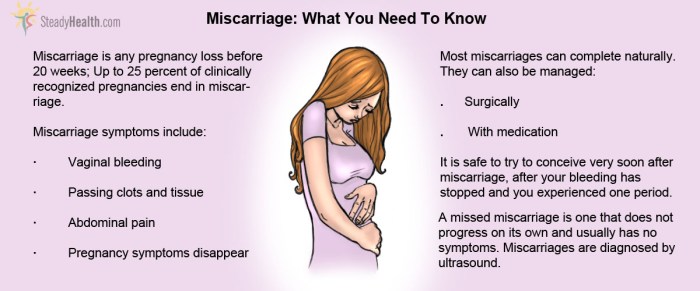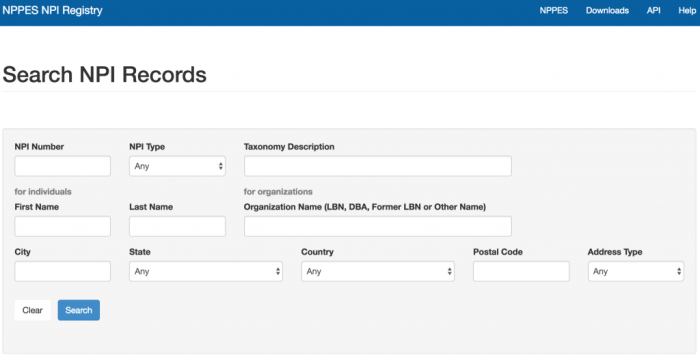Can being a CNA cause miscarriage? This question weighs heavily on the minds of many women working in the healthcare field. The physical demands, exposure to hazardous substances, and emotional stress associated with the role raise concerns about its impact on pregnancy.
This article delves into the medical risks, workplace accommodations, personal health factors, and communication strategies surrounding this topic, empowering CNAs with the knowledge and resources to navigate their pregnancies safely and successfully.
Medical Risks Associated with CNA Work

Being a Certified Nursing Assistant (CNA) involves physically demanding tasks that can impact pregnancy. Lifting patients, assisting with transfers, and providing personal care require significant physical exertion, which can strain the body and increase the risk of miscarriage.
CNAs are also exposed to various chemicals, bodily fluids, and infectious diseases that may pose risks to pregnant women. Exposure to cleaning agents, disinfectants, and medications can be harmful to the developing fetus. Bodily fluids, such as blood and urine, may carry pathogens that can cause infections, while contact with infectious patients can increase the risk of contracting diseases that may lead to miscarriage.
Research has shown that CNAs have a higher prevalence of miscarriages compared to other occupations. A study published in the American Journal of Public Health found that CNAs had a 15% higher risk of miscarriage than women in other healthcare occupations.
Workplace Accommodations and Support
To mitigate the risks associated with CNA work during pregnancy, employers are legally obligated to provide reasonable accommodations. These accommodations may include lifting restrictions, alternative job assignments, or modified work schedules.
Unions and employee organizations play a vital role in advocating for the rights of pregnant CNAs. They can negotiate contracts that include provisions for workplace accommodations, paid leave, and other support measures.
Personal Health and Lifestyle Factors
A CNA’s overall health, nutrition, and lifestyle choices can significantly influence pregnancy outcomes. Maintaining a healthy weight, eating a nutritious diet, and getting regular exercise are crucial for the well-being of both the mother and the baby.
Prenatal care is essential for monitoring the health of the pregnancy and addressing any potential complications. Regular checkups allow healthcare providers to identify and manage risk factors, such as high blood pressure or gestational diabetes, which can increase the risk of miscarriage.
Communication and Education
Open communication between CNAs and healthcare providers is crucial for ensuring a healthy pregnancy. CNAs should inform their providers about their pregnancy and any concerns they may have.
Education and training play a vital role in raising awareness about the risks of CNA work during pregnancy and promoting healthy practices. Employers should provide training on safe work practices, including proper lifting techniques and infection control measures.
Future Considerations, Can being a cna cause miscarriage
Becoming pregnant as a CNA can have long-term career implications. Some CNAs may need to reduce their work hours or take time off after childbirth. Returning to work after childbirth can be challenging, but with proper planning and support, it is possible.
CNAs should consider the potential challenges and opportunities of returning to work after childbirth and develop a plan for a successful transition. This may include seeking support from family, friends, or colleagues, and exploring flexible work arrangements.
Q&A: Can Being A Cna Cause Miscarriage
Does the physical exertion of being a CNA increase the risk of miscarriage?
While the physical demands of the role can pose challenges, implementing lifting restrictions and modifying job assignments can reduce the risk of miscarriage.
What are the potential chemical and infectious hazards that CNAs face?
Exposure to chemicals, bodily fluids, and infectious diseases can be a concern, but proper protective equipment and adherence to safety protocols minimize these risks.
How can CNAs maintain a healthy lifestyle during pregnancy?
Prenatal care, regular exercise, stress management, and a balanced diet are essential for maintaining a healthy pregnancy while working as a CNA.


